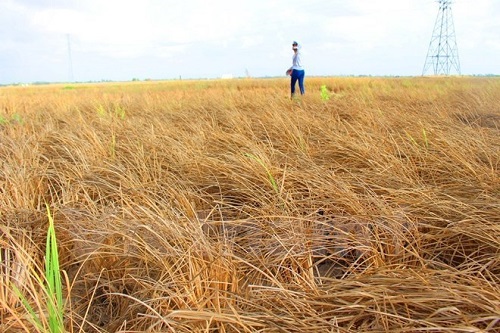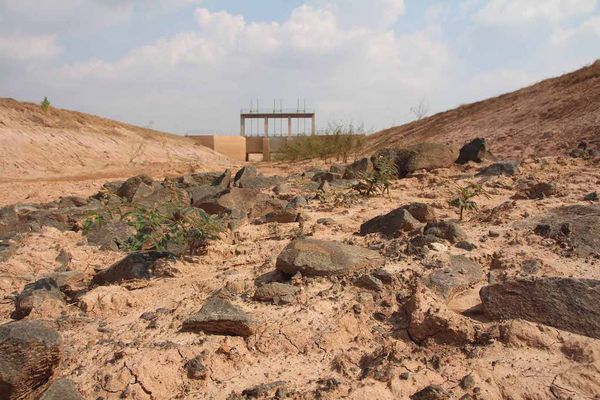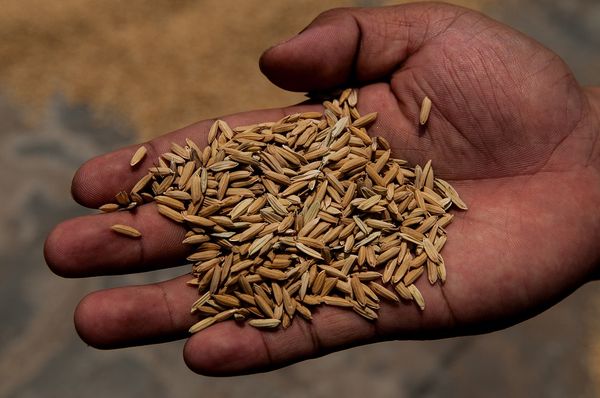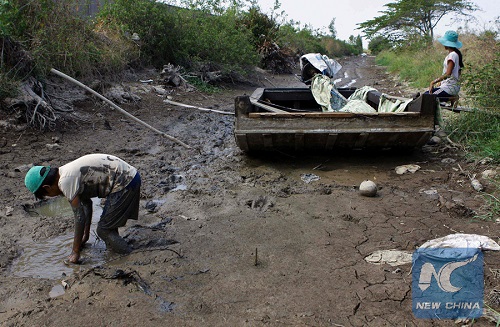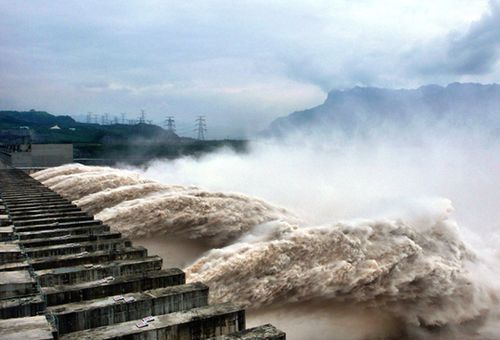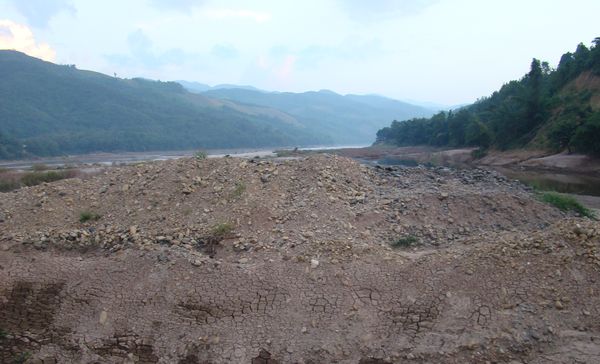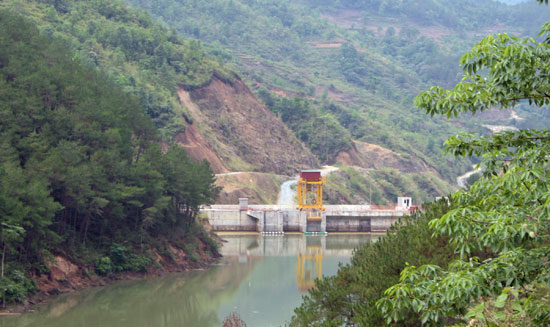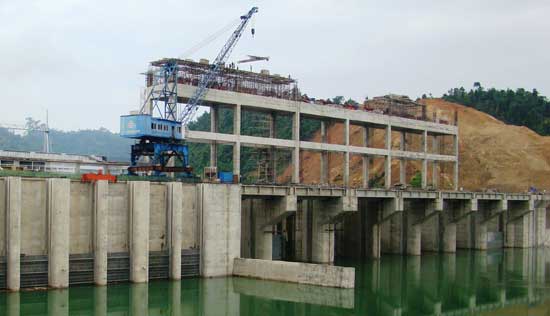Located at the end of the Mekong River basin, the Mekong Delta in Vietnam is currently experiencing the most severe drought and salinity intrusion in 100 years.
According to experts, the principal reason is development activities in Greater Mekong Subregion (GMS) countries related to the use of the Mekong River’s water resources, including the operation and construction of mega-dams along the river as well as water diversion for agricultural purposes. Thus far, after months of struggling in a record-breaking drought, millions of farmers in the Mekong Delta have succumbed to exhaustion, due to significant losses of crops, fruits and aquaculture. Part Two of the series examines the impacts of dam construction and other projects on the Mekong Delta.

